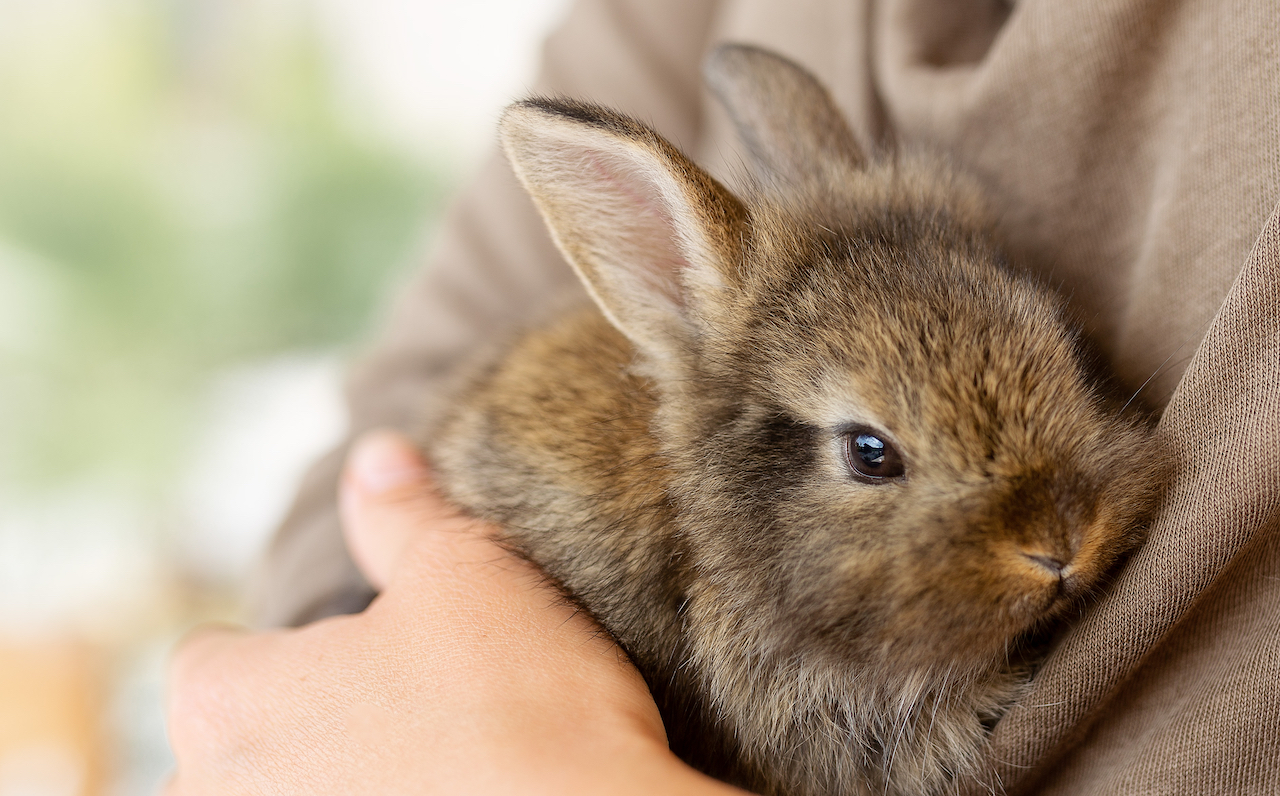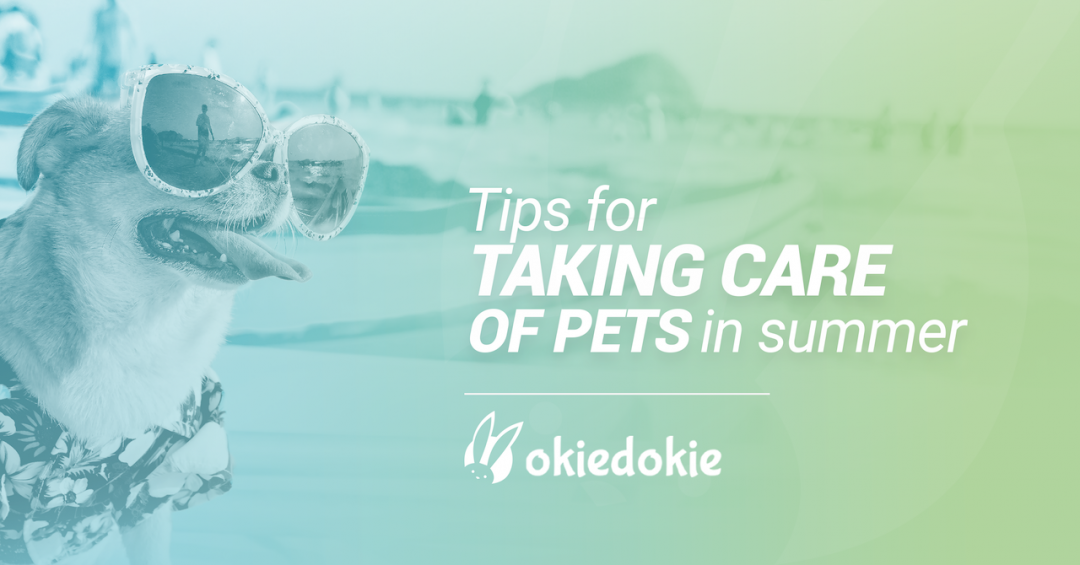Tips for taking care of pets in summer
Not considering certain precautions to take care of certain pets in summer can give us a major scare and even have fatal consequences for them. Here are some aspects you need to take into consideration when caring for the following types of animals.
Cats & Dogs
Both dogs and cats are probably the animals that suffer the most from the heat. Fact: they are very susceptible to suffer a heat stroke. Heat stroke in dogs is one of the main causes of mortality in canines; and although it is less known, it is also very common in cats too. So, as the saying goes, better safe than sorry. To prevent a heat stroke:
- Control sun exposure. Cats specially, as they love to bask in the sun.
- Hydration is essential. Providing them with fresh, clean water is essential, since they will be thirstier, and water will evaporate more quickly.
- Control the doors and windows, especially those that may be dangerous for them. At this time of year, we tend to open doors and windows and, in turn, invite the pets to explore, and increase the danger of them falling.
- Brush their hair. Specially the cats, as this will prevent hairballs from accumulating in the stomach, since it is at this time that cats clean themselves the most with their own saliva, which encourages the evaporation of body temperature.

Rabbits
Rabbits are animals that are very sensitive to high temperatures. When taking care of rabbits during hot weather, we must remember that in their natural habitat they live in burrows underground. During the day they protect themselves from high temperatures by staying inside the tunnels. That’s why we must try to offer them a cool and shady environment.
As with dogs and cats, they are very susceptible to a heat stroke, so if you notice heat stroke symptoms on them, such as difficulty to regulate their temperature, breathing in gasps and with their mouth open, a listless behavior, and that they are lying down longer than usual, you must:
- Moisten their ears. This is the part of the body where they lose heat, and lightly wetting them with cool water will provide immediate relief.
- Give them fresh water.
- Increase their portion of fresh fruit and vegetables. This will help them stay hydrated.
The summer heat causes food scraps to decompose in a short time. Keeping their space clean and disinfected will prevent the proliferation of bacteria. These microorganisms can cause intestinal infections. Remove the remains of food that they have not consumed and renew the drinking water frequently. Remember to clean the floor of the cage and their play space more often.
Avoid leaving their cage outside, either on the terrace or in the garden. The sun’s heat on their body will cause their internal temperature to rise rapidly. On the other hand, solar radiation can affect their delicate skin, causing burns.
Fishes
In case you didn’t know, fishes also suffer the summer heat. When summer arrives, and the temperature rises, the water in their tank can warm up a bit, and they may begin to experience stifling situations.
If you start to notice that the fishes are floating near the surface, you should measure the temperature as it can be a bit hot, and they need oxygen. The minimum amount of cold water in a fish tank should be 100 liters of water. This is because of water oxygenation.
Remember to never leave the aquarium in places where sun rays can hit it directly as they would heat the water faster. It is also not recommended that you place them in poorly ventilated places or that you overfeed them.
Birds
Although birds do not vary their temperature regardless of whether they are in a warmer or colder environment, they are especially sensitive to sun and heat, especially if they are young birds or are changing their plumage. Follow these tips to keep them safe during summer:
- Watch their hydration. If the birds need water on a regular basis at any time of the year, imagine in summer. Make sure that the water container always has enough liquid. Also, remember to change the water regularly so that it is always fresh and clean.
- Adapt their diet to the summer season. Reduce the amount of seeds and change it for fresh seasonal fruits. That will hydrate and refresh them.
- Place the cage in the coolest place in the house. Choose a room with good ventilation or drafts and where the sun doesn’t shine directly.
- Place a container with fresh water large enough to allow them to soak in it and thus mitigate the effects of heat. If they are exotic or more delicate birds, opt for sprayers.
- Keep their cage clean. Bacteria and harmful organisms can grow in the heat. That is why hygiene is essential.
No matter the species, remember to never leave a pet alone in a car. If you will be caring for any other animal that is not listed here, find out about their care requirements before caring for them. Pet sitting can be fun but is a great responsibility. If you want to experience the accomplishment of taking care of pets, Okie Dokie is the app for you. Download Okie Dokie today!

